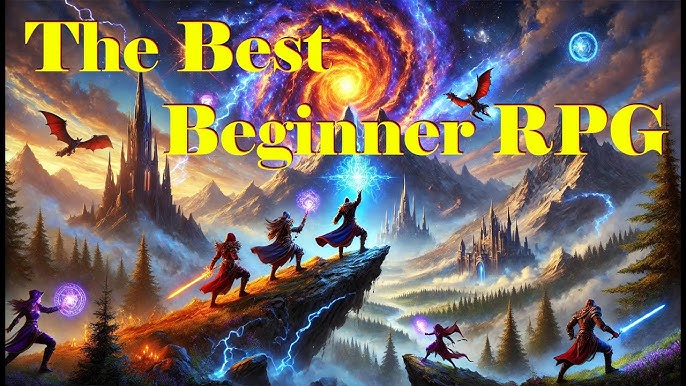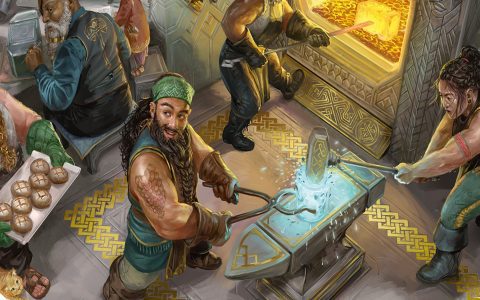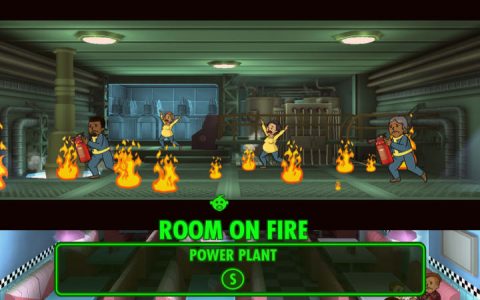Understanding RPG Basics
Role-playing games (RPGs) like Dungeons & Dragons involve storytelling, dice rolls, and collaborative play. As a beginner, focus on a simple entry point: start with a pre-made adventure to avoid complex rules and jump straight into the fun. Most RPGs use character sheets for stats, dice for outcomes, and a game master to guide the narrative.
Choosing Your First System
Opt for beginner-friendly systems such as D&D 5th Edition or Basic Fantasy RPG for easy learning. Skip intricate setups; use free starter sets available digitally to begin without delay. Consider these steps:

- Pick a core rulebook or quick-start guide for immediate access.
- Avoid homebrew content initially to keep things straightforward.
- Focus on one-shot adventures to test gameplay quickly.
Forming or Joining a Group
Gather friends or use online forums to find players. Keep sessions small, with 3-5 people for manageable dynamics. Prepare a welcoming environment by agreeing on schedules and tools like digital dice rollers for easy access.
Preparing for the First Session
Start fast with minimal effort. Create or select a pre-generated character to bypass complex creation. Outline a simple plot: e.g., "investigate a mystery" with clear goals. Bring essentials like dice, paper, and enthusiasm to ensure immediate immersion.
Playing and Having Fun
During gameplay, embrace creativity and collaboration. Roll dice for actions, but prioritize story over rules. Keep sessions under 3 hours to avoid fatigue. End with feedback to improve, and remember that mistakes often lead to memorable moments. Start simple, laugh often, and build from there.










